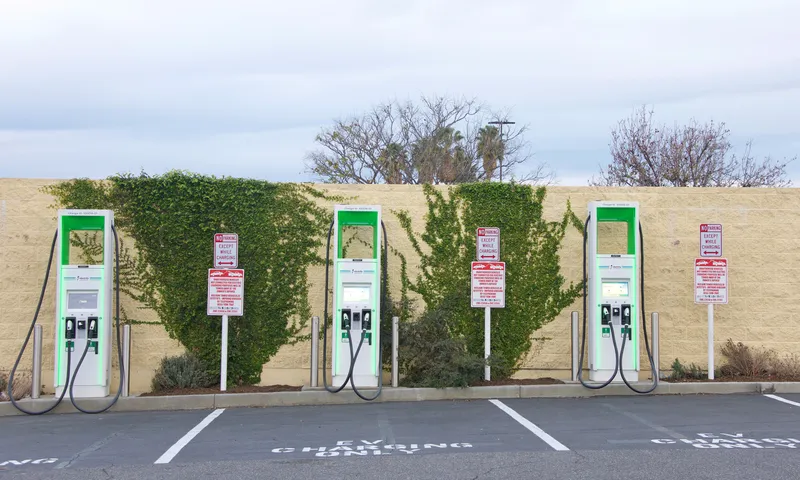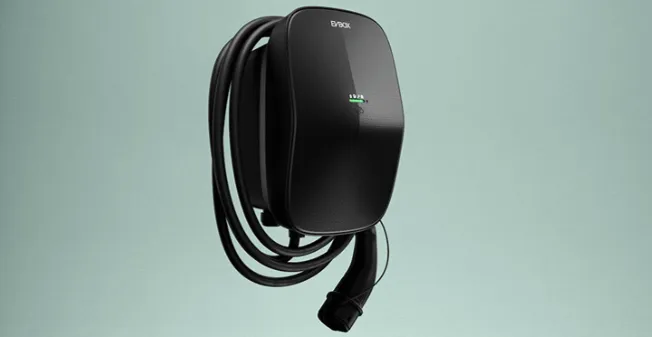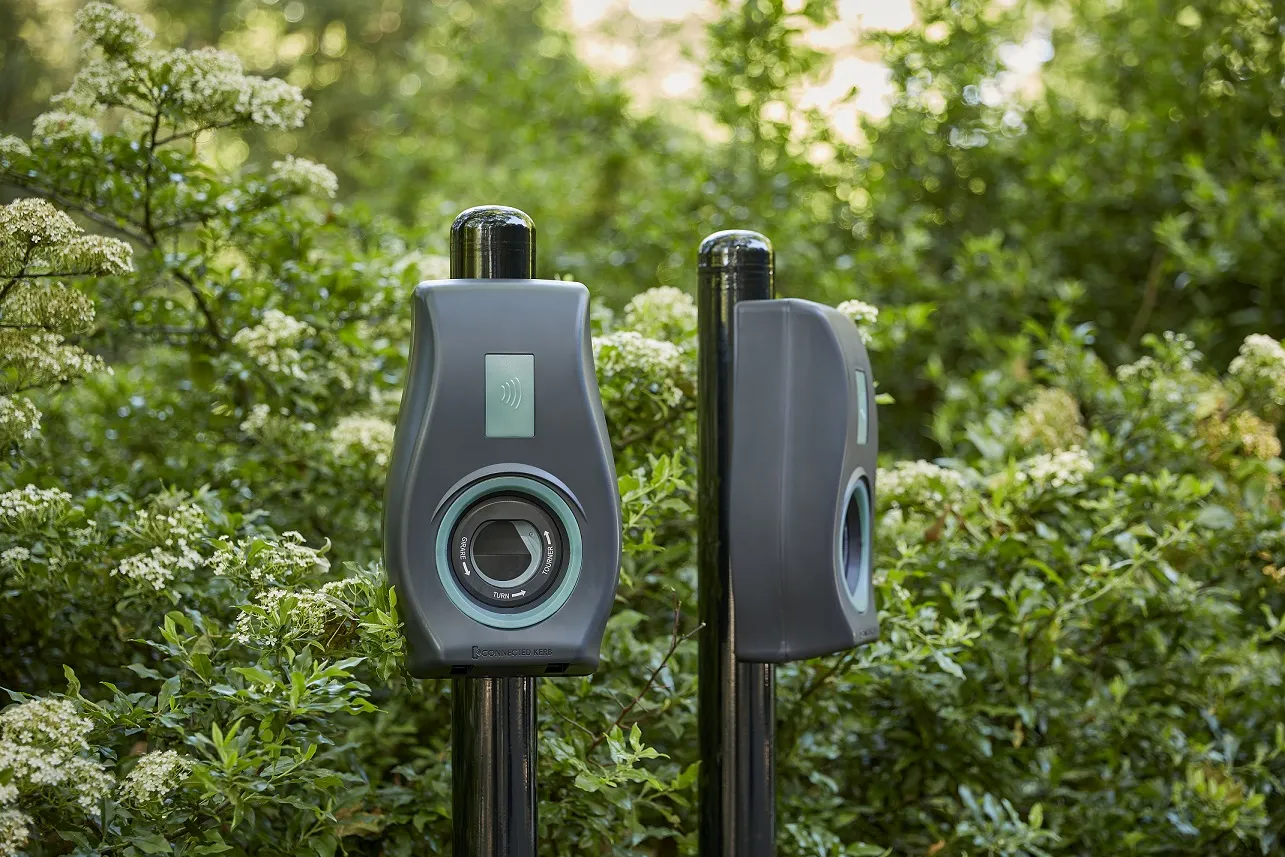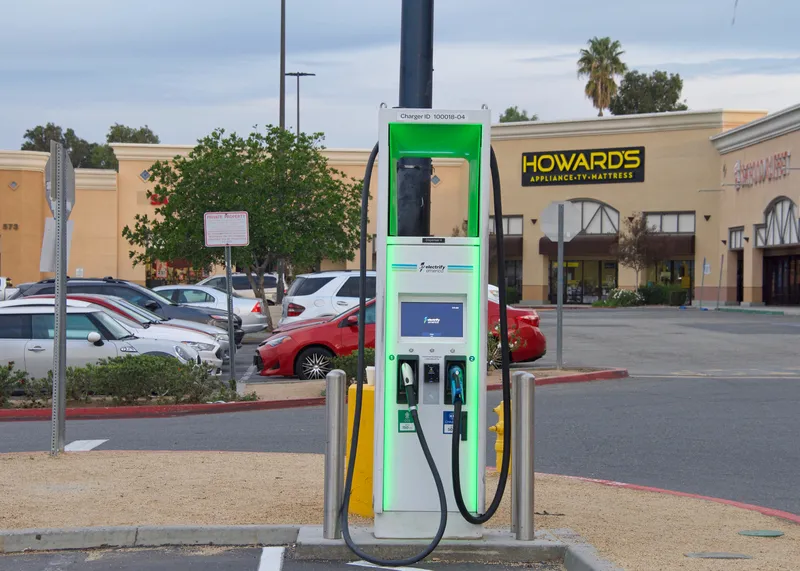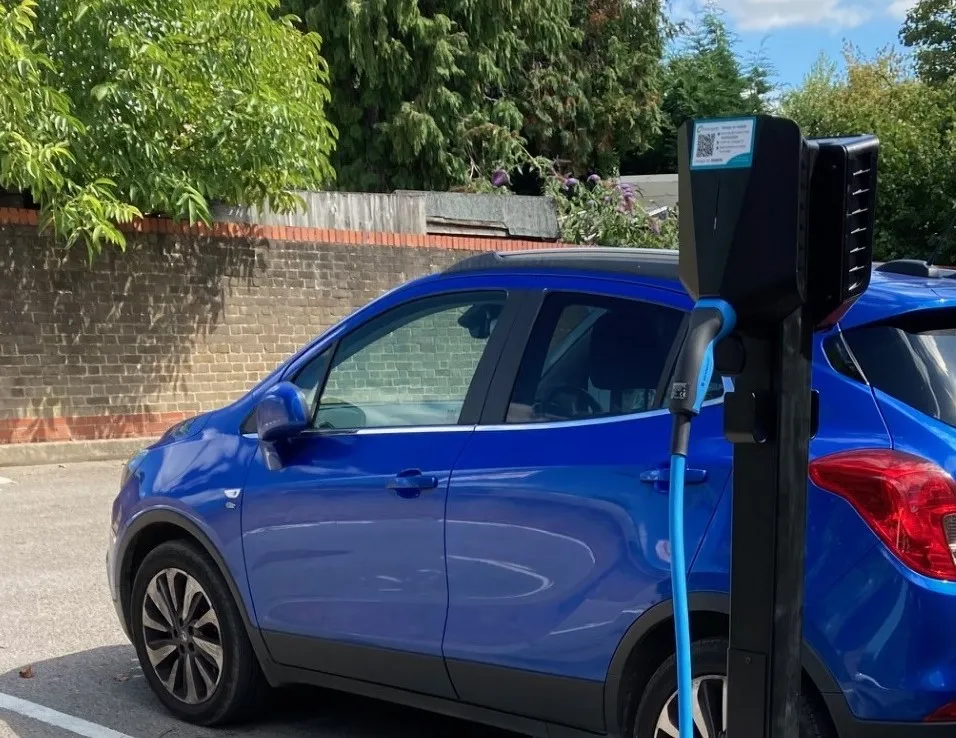
"The general slowdown in EV registrations is, in part, a consequence of the UK government’s deadline for the zero-emission vehicle (ZEV) mandate being pushed back from 2030 to 2035. This has seemingly eased the perceived pressure on drivers and fleet managers to make a transition to EVs immediately.
Over the next 12 months the UK will go to the polls. In the meantime, the country is faced with a level of uncertainty that will continue to impact the rate at which EV adoption will move forward.
Many experts predict that the General Election may lead to a change in government, with a strong sense that an incoming Labour Party may choose to reinstate the ZEV deadline of 2030. If this does happen, there is an expectation the EV registrations will increase.

In addition to the political situation, it is important to acknowledge the impact of microeconomics. OEMs in the automotive industry plan new model variants well in advance and make significant investment in research & development for the long term.
Whether a traditional vehicle manufacturer or one of the newer entrants, the wider market is heavily focusing on the development of their electric vehicle line-up to serve global markets. With the UK continuing to play catch up with its European counterparts (when comparing the number of BEV’s on the road and the number of publicly available charge points), we must not forget the considerable amount of government (and private) funding investment required to accelerate the growth.
There was concern across the industry that the UK government’s pushback to 2035 could have an adverse effect on the deployment of public, and private, charging infrastructure. Thankfully, at present, we have not seen a slow down in the pace of public EV charging infrastructure deployment. In fact, according to the latest Zapmap data, at the end of January 2024 there were 55,301 electric vehicle charging points across the UK across 31,445 charging locations - which represents a 46% increase in the total number of charging devices since January 2023.
Though the EV industry continues apace – all whilst attempting to tackle ongoing hurdles – planning remains one of the greatest barriers to the speed of charging deployment, as does the certainty of the deadline to decarbonise transport."

